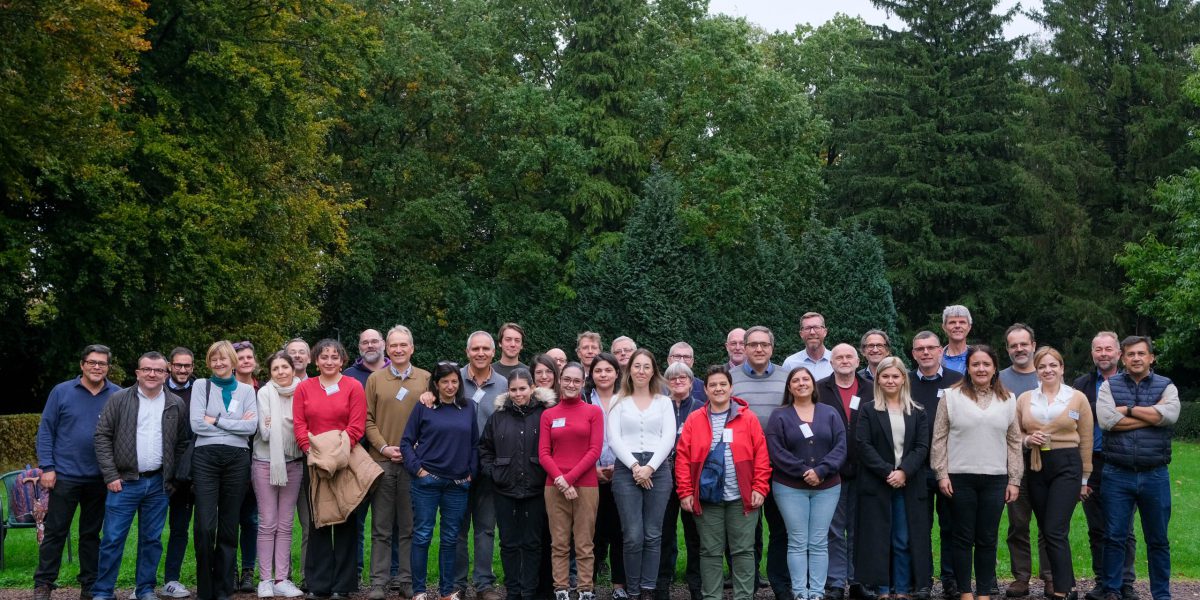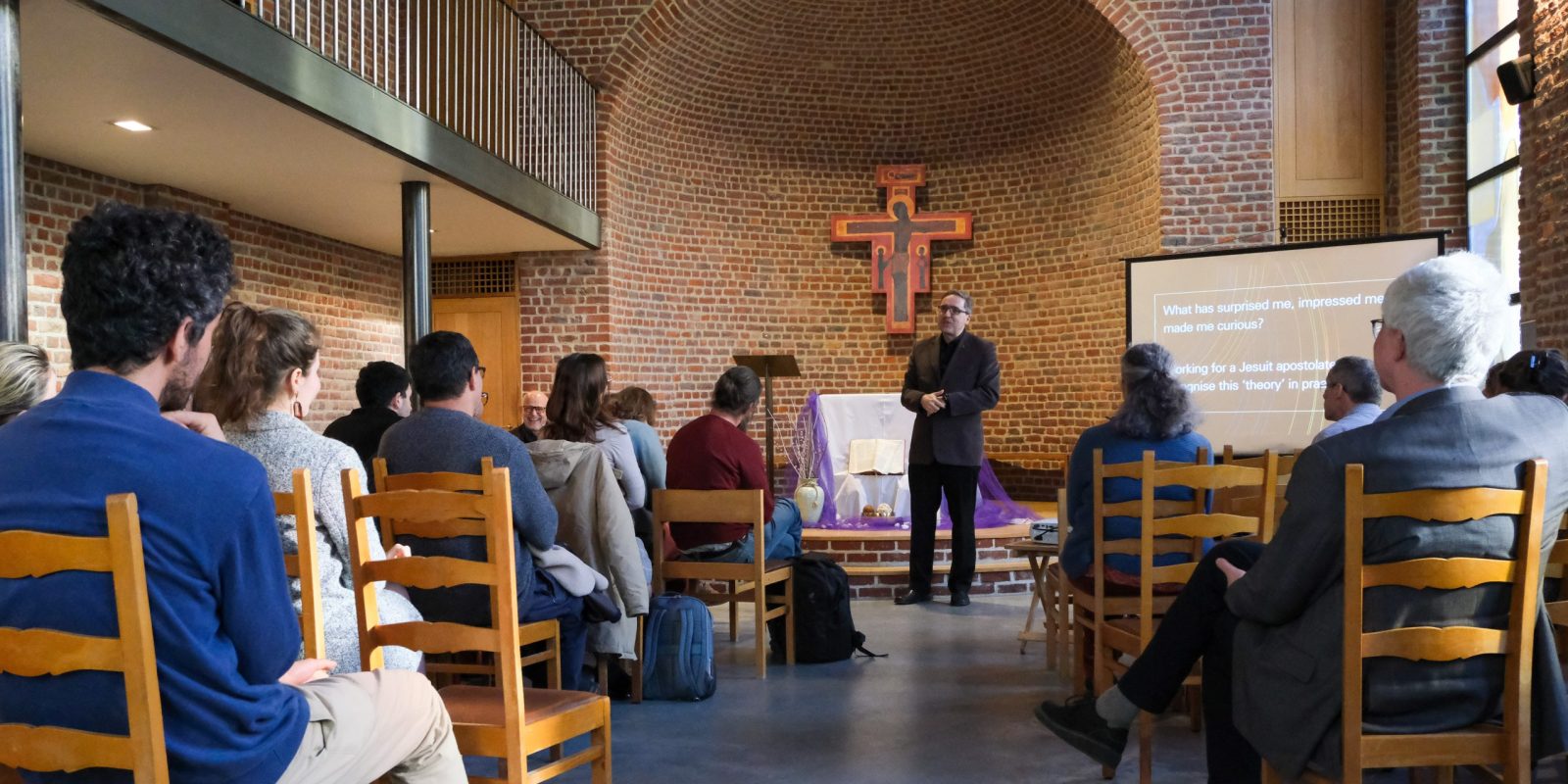Joint Statement: Better no pact than compromising on Human Rights and EU Values
31 October 2023|JRS Europe

On 24-25 October 2023, the directors of 23 JRS country offices met in Brussels for JRS Europe biannual Regional Coordination meeting to exchange experiences and discuss recent developments. Among them, the negotiations on the EU Pact on Migration and Asylum were central.
“We are very concerned about the turn negotiations are taking – stated the JRS directors jointly – As negotiations enter their last stage, we fear that the EU institutions will compromise on human rights and EU values under pressure to reach an agreement before the end of this legislature”.
“We strongly urge the European Parliament and the Council of the EU to abandon a plan that would not only fall short in providing any real operational solutions for the shortcomings of the existing system but would also be harmful for migrants and refugees.”
Going from bad…
JRS has been critical of the EU Pact on Migration and Asylum since its publication. The organisation had immediately raised concerns about the strong focus on mandatory border procedures, that usually go hand in hand with (de facto) detention and a general lowering of procedural guarantees for asylum seekers.
JRS had also questioned how the plan of examining the majority of asylum applications at the border would operationally solve the question of the high workload for Member States at the external borders, particularly in the absence of a truly mandatory solidarity mechanism.
Nevertheless, JRS, both at European and at national level, has been actively and constructively engaging with EU institutions by providing input and suggestions based on our experience of accompanying asylum seekers on the ground.
To worse…
However, the positions finally taken by the European Parliament and the Council of the EU did not amend the initial Commission’s proposals substantially.
On the contrary, many of the issues that are most important to JRS, such as a ban on child detention, the exclusion of vulnerable people from screenings and other procedures at borders, or the provision of free legal assistance throughout the asylum procedure, have not been sufficiently addressed.
In addition, some new, worrying concepts have been added to the discussion, such as the possibility of derogating from the regular asylum procedure in case of ‘instrumentalization’ of migrants by countries outside of the EU.
Overall, the proposed measures provide breeding ground for anti-migrant and xenophobic sentiments.
Now, few months before the end of the legislature, JRS is afraid that the pressure to finalise the reform will prevail over a commitment to protect human rights and EU values.
At the same time, JRS offices are experiencing unprecedented demand for services and support. Across Europe, reception conditions are being diluted and living condition are deteriorating. In a number of EU Member States international protection applicants have found themselves on the streets with no offer of accommodation from the State in violation of the Reception Conditions Directive.
Still in time to take a turn towards Human Rights
JRS urges the European Parliament and the Council of the EU to make a U-turn and reject any plan that would enforce a widespread use of border procedures and would only increase human rights violations and the pressure for Member States at the external borders.
Energy and efforts should rather go into strengthening reception and asylum systems on the territory and mechanisms for meaningful responsibility sharing among Member States.

